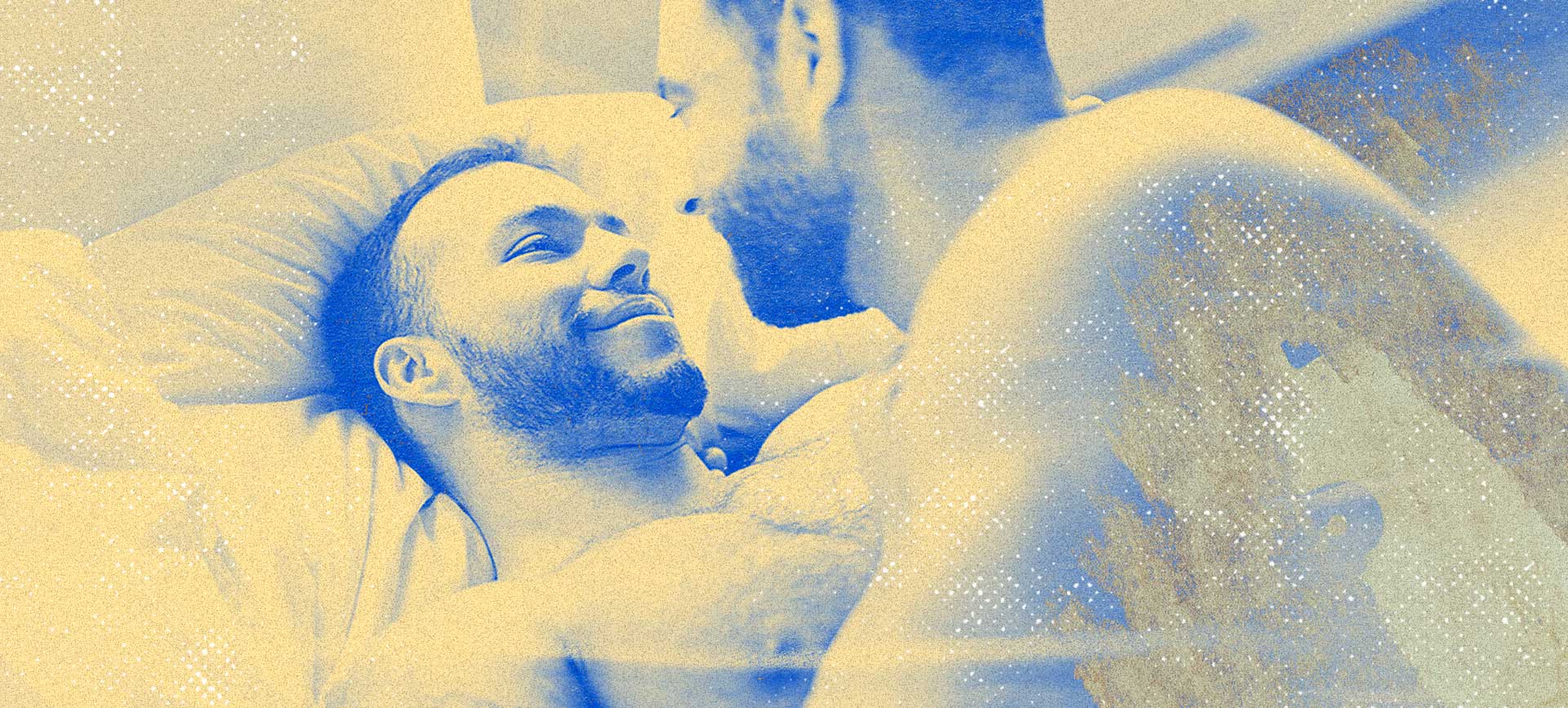Testicular cancer can significantly impact your mental health, body image and self-identity. It's common for men to feel depressed over losing a testicle, anxious over the diagnosis of cancer and fearful of not being able to father a child, according to S. Adam Ramin, M.D., a urologic surgeon and the medical director of Urology Cancer Specialists in Los Angeles.
"I think particularly for men, younger men in their 20s and 30s, this is a prime period of life where they're trying to establish relationships, families, intimacy, career, and having testicular cancer is a real blow," said Max McMahon, a licensed clinical social worker who works with patients with genitourinary cancers at Dana-Farber Cancer Institute in Boston.
McMahon regularly sees how testicular cancer impacts a man's sense of self-worth. Many men view having a testicle removed—which is the primary testicular cancer treatment—as a form of trauma, disembodiment or emasculation.
"There's a whole myth and fear around castration, and so that's kind of scary to think about," he said, adding that patients may feel a sense of loss of something integral to their body, personhood or manhood.
The psychological impact can be far-reaching, according to Justin Houman, M.D., a reproductive urologist and men's health specialist at Tower Urology in Los Angeles and the medical director for Bastion Health, an app-based telehealth platform for men.
This mental health impact can lead to the following concerns:
- Anxiety and depression. A diagnosis of testicular cancer can be overwhelming and cause a lot of anxiety and stress.
- Body image concerns. The removal of one or both testicles can be a traumatic experience for men and can lead to feelings of inadequacy or embarrassment.
- Sexual difficulties. Testicular cancer can affect a man's sexual function, including his ability to get and maintain an erection or have an orgasm.
- Fear of recurrence. After treatment, many men who beat testicular cancer fear it will return.
- Social isolation. Some men with testicular cancer may feel isolated or like they don't fit in with their peers.
- Financial worries. The cost of cancer treatment can be a significant source of stress for many families.
These fears and feelings aren't unfounded and stem from several external factors that occur during cancer care.










